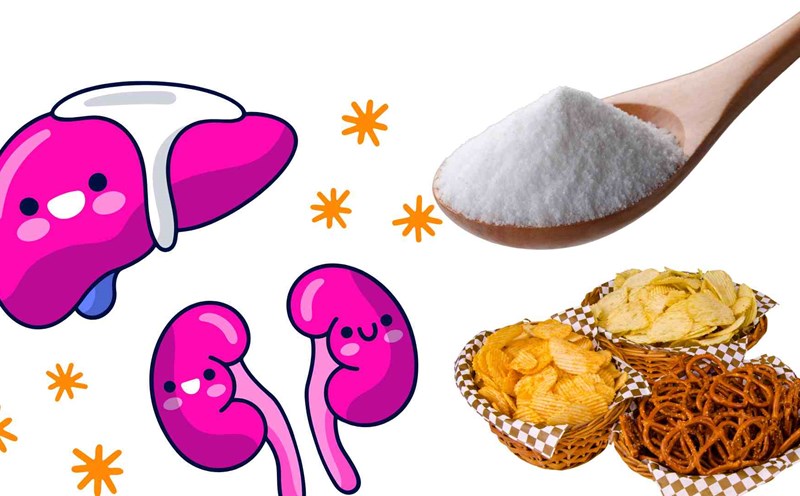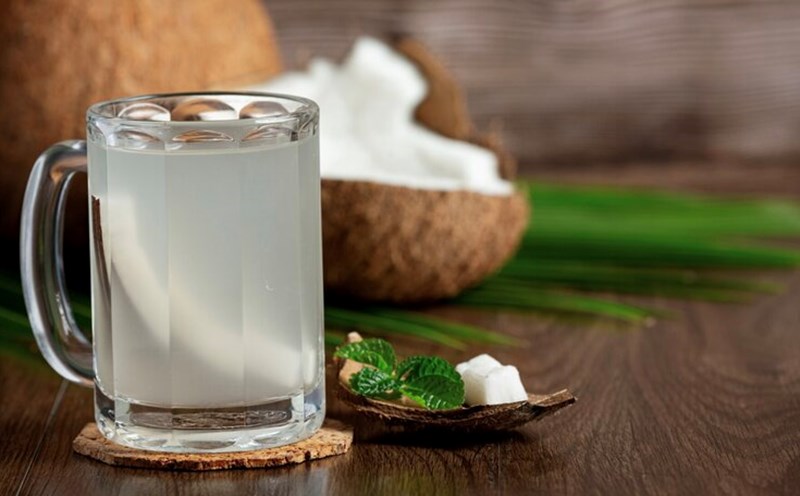Electrolytes, including sodium, potassium, calcium and magnesium, play a vital role in balancing fluids, supporting muscle activity and maintaining heart rate. However, depending on the type, the duration of their stay in the body varies significantly. Sodium is often lost quickly through sweat or diarrhea, while potassium, calcium, and magnesium stay longer, changing in concentration more slowly.
The duration depends on the type of mineral
Tetri is constantly regulated by the kidneys and can lose more than 90% within 24 hours of passing through urine. Therefore, the body needs to supplement sodium every day to maintain balance. When changing the amount of salt in the diet, the body needs at least three days to adjust.
Potassium is mainly stored in muscles and released when needed, so the concentration changes more slowly. Regulating potassium in the body can take a few days. Calcium and magnesium are stored in large quantities in bones and tissues, changing in concentration very slowly, but still need to be supplemented regularly to meet physiological needs.
Dr. Michael sawka, a physiologist at the Georgia Institute of Technology (USA), commented: "The body has a fairly stable storage mechanism for electrolytes such as potassium and calcium, but sodium is different, it is like fuel consumed quickly, it needs to be supplemented promptly when lost through sweat or fluid".
The impact of exercise and disease
Physical activity, especially lasting more than 60 minutes or in hot environments, causes sodium loss the fastest. Meanwhile, potassium and calcium are only lost through sweat, while magnesium can gradually decrease if you do high-intensity exercise for a long time.
Johns Hopkins Medicine recommends that after exercising, adults should drink 6 - 12 ounces of water to relieve the epidemic. In most cases, the filtered water is enough, unless sweating is too much or exercising for a long time.
Diseases such as vomiting or severe diarrhea also cause rapid loss of sodium and potassium. At that time, oral rehydration solution (ORS) is an effective choice. For young children, it is necessary to consult a doctor before using.
Choosing and using electrolyte drinks
Electrolyte juice or pre-mixed flour helps replace salt, carbohydrates and water. However, you should check the label to avoid unwanted ingredients such as artificial colors, sweeteners or added sugars.
You dont always need sports drinks, says Dr. sawka. A diet rich in vegetables, fruits and minerals can meet most of your electrolyte needs, unless you are an athlete or severely dehydrated.
Electrolytes stay in the body from a few hours (sodium) to a few days ( kali, calcium, magnesium), depending on the type and physiological conditions. Understanding this feature helps you replenish water and minerals appropriately, avoiding unbalances that are dangerous to your health.









